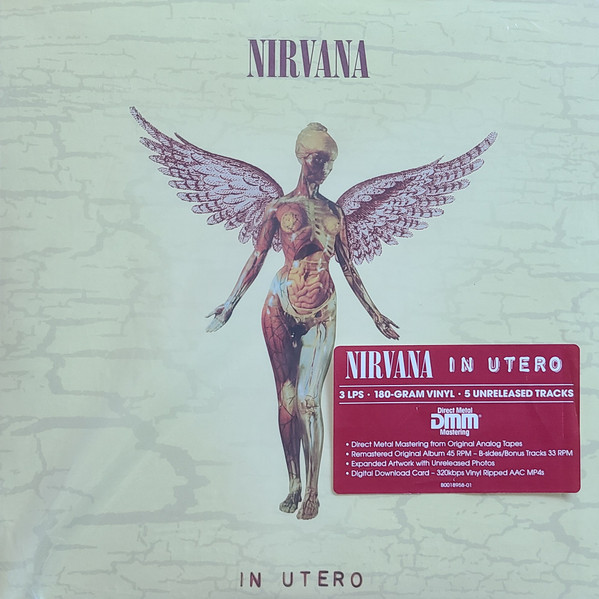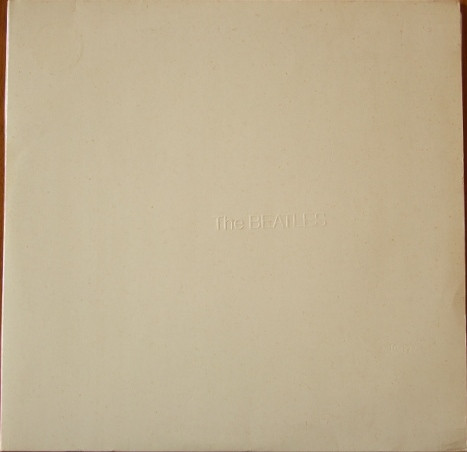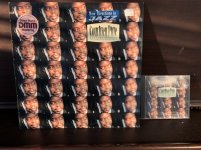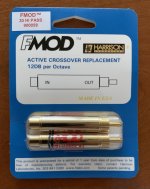Selaws
Well-Known Member
Ive had a few of the jazz releases over the years but they were always bit thin and bright for my ears tbh so got traded in once replaced.
When I did a Google search on “DMM Blue Note”, I found lots of discussions out there I was previously unaware of.
I’d summarize what I found to say that DMM is a process that can lead to great fidelity, but there’s more to manufacturing a great record than just the mastering process itself.
Im not sure how they are viewed now, but there was a time when DMM jazz releases were viewed quite poorly.
My opinion is that the DMM pressings seem to be more suited to heavier rock albums but don't quite do justice to the more subtle nuances of jazz, but this is obviously a sweeping statement that I'm sure has exceptions to the rule. I also find DMM jazz pressings to be quite thin but also with a kind of roughness to the higher frequencies.
I actually bought around 8-9 Blue Note DMM pressings back when I started getting into jazz as they tended to be quite affordable. It wasn't until I started comparing them to early or first pressings that I realised just how average they sounded.




